I have often said that, as a reporter, I expose the worst of the worst, but I work with the best of the best—meaning the sources who courageously tell me their stories, despite the consequences.
Publicly telling one’s story is almost always a scary prospect. Many sources have been the victims of abuse. And the people they’re exposing are often their abusers. And these abusers are almost always more powerful than the victims. They have more money, a bigger platform, and friends in high places.
But sources are often armed with one, very powerful commodity: the truth.
And so, at great personal risk, they speak to me on the record, meaning I can attribute what they say to them by name.
Two of these courageous sources recently spoke about their experience going on the record with The Roys Report in a wonderful podcast called, Untangled Faith, hosted by Amy Fritz.
Your tax-deductible gift helps our journalists report the truth and hold Christian leaders and organizations accountable. Give a gift of $30 or more to The Roys Report this month, and you will receive a copy of “Hurt and Healed by the Church” by Ryan George. To donate, click here.
The sources Fritz spoke with are Lori Adams-Brown and Lori Harding.
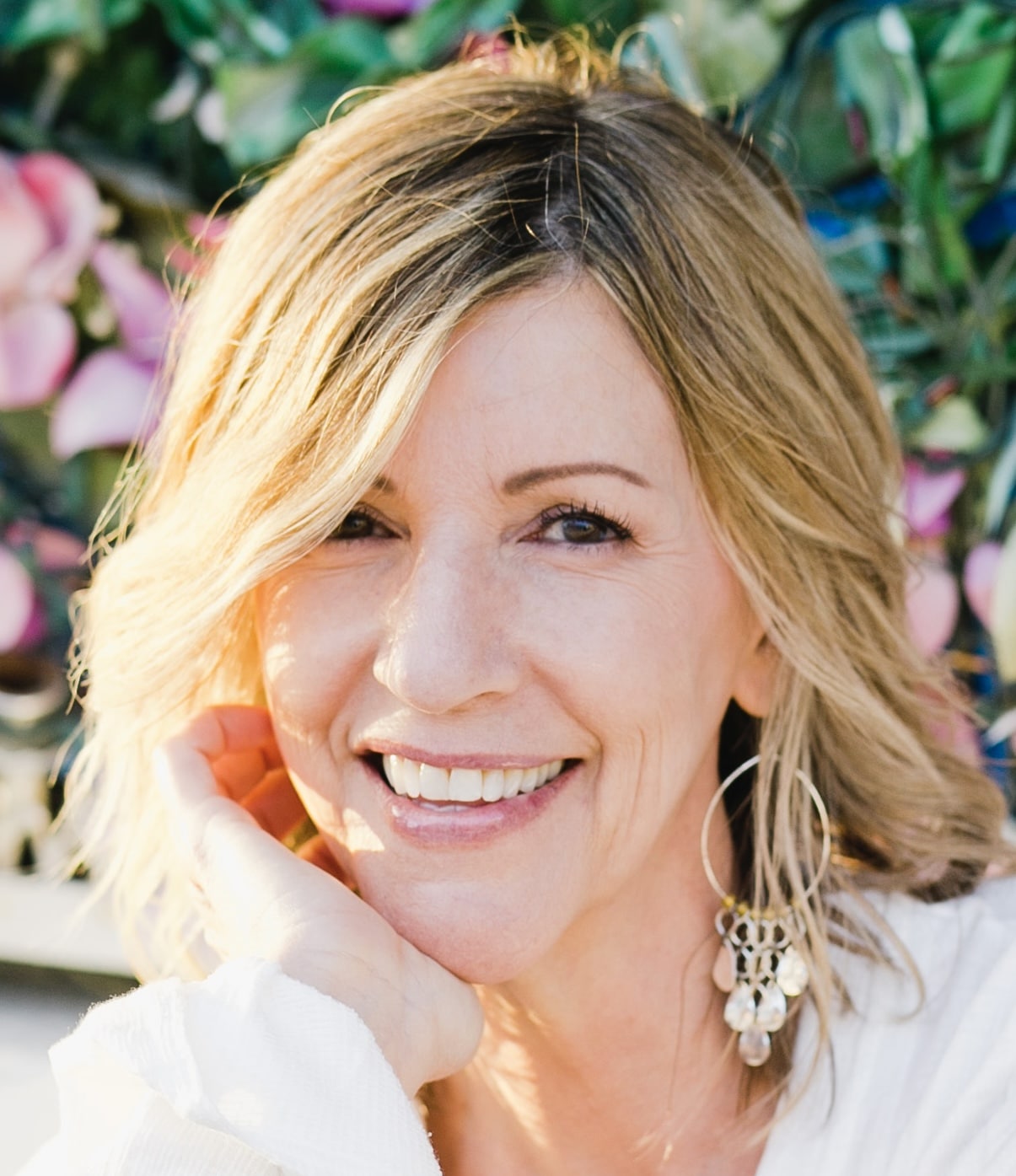
In July of last year, Adams-Brown told me her story of being spiritually abused by Andy Wood, the pastor who recently replaced Rick Warren at Saddleback Church. And last September, I recorded two podcasts (here and here) with Lori Harding where she recounted how now-disgraced pastor Tullian Tchvidjian fired her after she refused to overlook financial irregularities.
It was fascinating for me to hear from both women’s perspectives what it was like to tell me their stories. And for those who have never talked to a journalist or been through an investigative process, the podcasts give you a unique behind-the-scenes look.
Fritz released the interviews in two podcasts. Here’s a link to the first episode:
In the first episode, Adams-Brown explains why she chose to tell her story to me, rather than reporters that approached her from much bigger media outlets like the Washington Post or WORLD Magazine. Needless to say, I was very touched:
I knew that Julie exclusively covered abuse in the church and is trying to restore the church. And that’s her heart. And so, I knew that . . . this was not her first rodeo. This is her expertise. She sort of knows the pattern and how it works.
I’d followed her work for years, and she does deep investigative work. And . . . we did this out of love to protect sheep. And so, we knew that that was her heart, and exposing the darkness to the light is how it happens. And so, we knew that she would have enough information, having done this for so long, to be thorough. And so yeah, she was absolutely our first choice.
On the other hand, Lori Harding said she didn’t know of my work when a friend first suggested she tell me her story. And I was heartened to hear her description of the process, which focused on reporting the facts:
This honestly was one of the reasons I was happy to be working with her because she doesn’t do anything on opinion or rumor or hearsay. One of the things that she found valuable about my story was I brought the receipts. I have a lot of documentation. And in fact, when it came time and the podcast went out to the world, it was so obvious.
What blessed me most about this podcast, though, was hearing the way these women felt respected and cared for throughout the process. As a reporter, I have to ask the tough questions. And Harding notes in the podcast that this made her think seriously about the consequences of talking to me. But Harding added, “She never pressured me. She was always very willing to go at my own speed.”
Similarly, Adams-Brown said:
Julie was very pastoral with us in the whole process. I can vouch for that with her in my own personal experience, and my husband would say the same. She pastored us better than the two men who were supposedly our pastors, who had hurt us and abused us. But she doesn’t have to be. That’s not her role. She’s a reporter. But she was very trauma informed and just very, very kind and caring and sensitive to our situation.
That’s one of the most affirming things I’ve ever heard a source say about the experience of interviewing with me. Those kinds of connections don’t happen with every source, but they’re not uncommon either. And they’re one of the reasons I feel so privileged to do the work I do.
In the second podcast, Amy explores what it’s like to wait for your story to publish—and also the experience after it publishes. Here’s a link to the second episode:
Sometimes, our exposés spark immediate change. For example, one day after we published a story about the bullying behavior of a megachurch pastor in New England, the pastor and his entire executive team resigned.
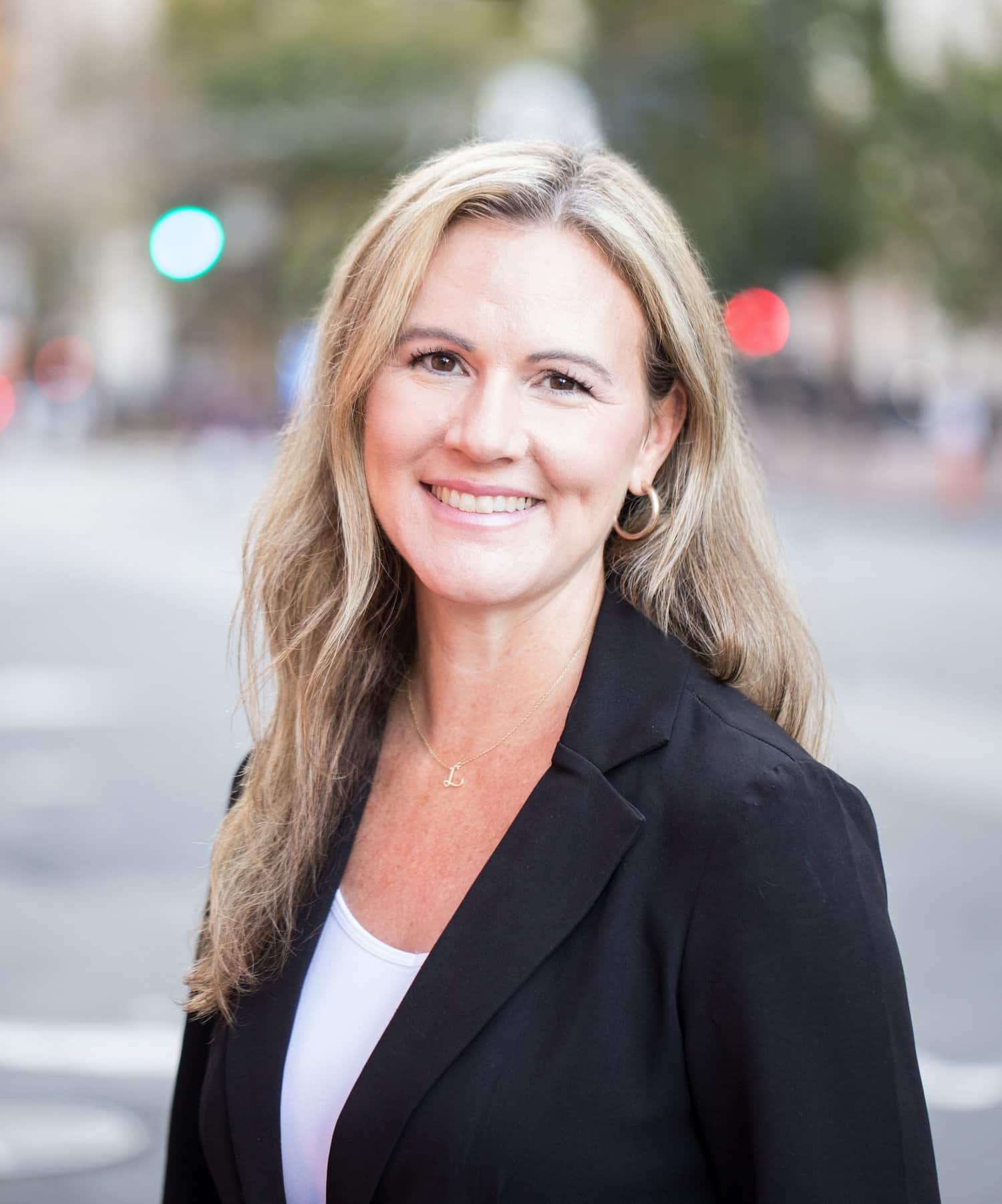
I always pray for justice, but it doesn’t always happen. Despite Adams-Brown’s powerful story of how Wood bullied and manipulated her, Wood still became Rick Warren’s successor. And in Harding’s case, Tullian Tchvidjian still pastors a church in Florida. And the current pastor of Coral Ridge Presbyterian Church, who reportedly colluded with Tchvidjian to remove Harding, remains in his position too.
But both Adams-Brown and Harding revealed other benefits of coming forward.
Adams-Brown spoke of the relief she felt, knowing that she had done her part to warn others of Wood’s true nature. “I think in the process of all of that, there was a relief, because there was a part of us all along, like, should we go more public?” Adams-Brown said. “I just know that . . . when I had the information, and it felt like the right time to say it . . . and when we’re a little more stable, we did.”
Similarly, Harding said she doesn’t regret blowing the whistle on wrongdoing—both at the time when she witnessed it and years later with me. “I wouldn’t change a thing,” Harding said, “because it’s the right thing to do. I’m just saying whatever it is in me, I can’t keep quiet.”
Both women also spoke of other victims who, after hearing their stories, expressed appreciation for what they did. Adams-Brown said she had braced for virulent backlash, but it never came:
One of my biggest surprises, and one of those things I sort of ponder in my heart with gratitude toward God and a grace I didn’t expect, was 99% of the reaction was positive and thanking us. . . . We had thought it would be reverse, like 1% positive, 99%: “You are the worst human being on the planet. You’ll never get hired again. And you’ll never bounce back from this. This is going to basically ruin your reputation and your grandkids for the rest of your life.” Like, that’s what we were expecting. But 99% of it was, “Oh my gosh, thank you so much for finally saying what we’ve known for a long time.” Or, “Thank you so much. I am in a different situation with a friend of Andy Woods’ at a mega church, and they follow the same playbook, and me too.”
Harding said she’s also heard from people at her former church, who said the podcasts helped them immensely:
The people that are left have a very difficult time understanding what happened. And oftentimes, the person that has been abused will find that they’re kind of a lone ranger, right? I mean, everybody’s kind of ditched them for whatever reason. And I mean, the truth is, most people don’t really know. . . . But doing this and speaking out, I think, helps that too. So that people that didn’t understand can now fully understand and maybe, they can think a little more clearly about their own situations.
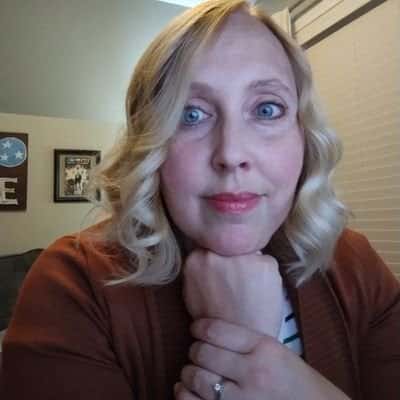
Fritz ended the podcast with something I said during my talk at our first Restore Conference in 2019. I noted how God gave David one smooth stone to slay Goliath and He likewise gives each of us a stone to use for His purposes, as well.
“What is the one smooth stone you’ve been given?” Fritz asked. “What is your gift or ability or resource or your unique access to information, or to power or position? What is it that God has given us that we can use to bring light to the darkness?”
I was moved Fritz remembered that portion of my talk. I was even more moved when Fritz said those words encouraged her to speak publicly about her and her husband’s experience at Ramsey Solutions—a workplace known for its abusive and toxic environment.
I hope that after listening to these podcasts with these three amazing women, you’re inspired to speak truth and seek justice. As I’ve often said, we may not be able to reverse all that’s wrong within the church, but we can make a difference. And whether that difference is big or small is not our concern. Our concern is being faithful.
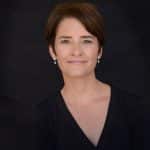 Julie Roys is a veteran investigative reporter and founder of The Roys Report. She also previously hosted a national talk show on the Moody Radio Network, called Up for Debate, and has worked as a TV reporter for a CBS affiliate. Her articles have appeared in numerous periodicals.
Julie Roys is a veteran investigative reporter and founder of The Roys Report. She also previously hosted a national talk show on the Moody Radio Network, called Up for Debate, and has worked as a TV reporter for a CBS affiliate. Her articles have appeared in numerous periodicals.




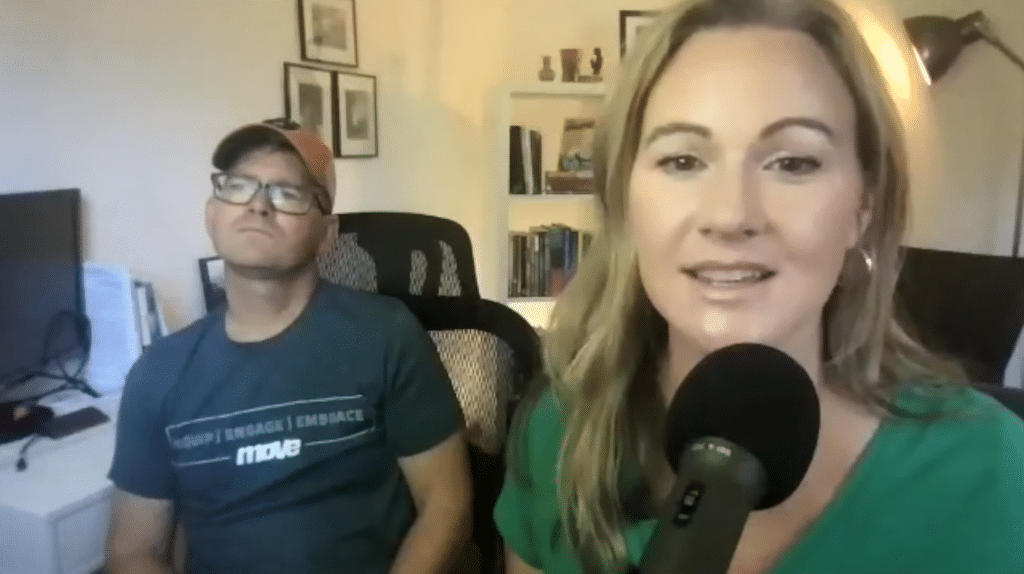
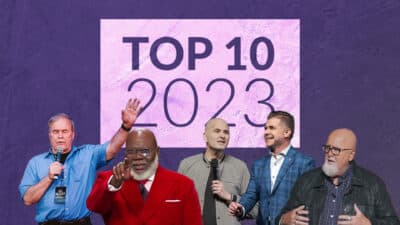

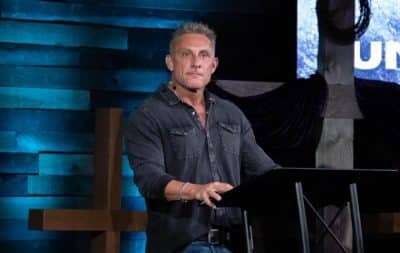

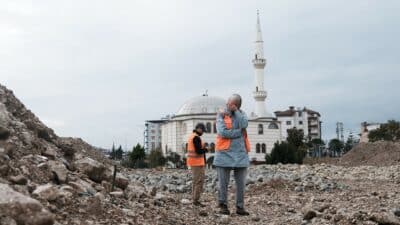

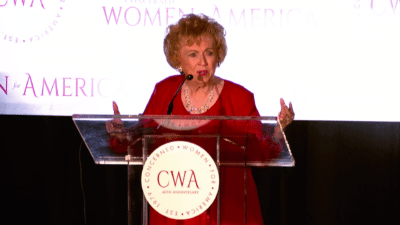
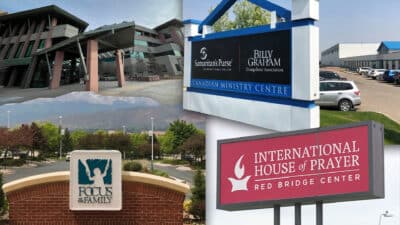
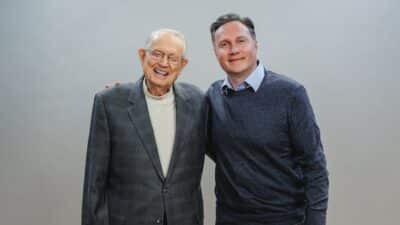






12 Responses
My concern with Julie’s work is that she only offers one side of every story. The accused are always at a disadvantage because employer’s are prohibited from discussing employment matters. This is not to say abuse doesn’t occur; this is only a comment on Julie’s MO.
My MO is always to reach out to the accused and give them an opportunity to give their side of the story. If the opt not to do that, that is their choice.
The stories that Julie reports on tend to be stories where the accused is in a power position with a public platform and big name recognition. The accused comes in with an advantage due to that position of power. Julie’s reporting doesn’t give the accused a disadvantage, because we weren’t starting out with two equals in terms of power. It appears to me that Julie is working to level the playing field by giving a voice to the voiceless.
As a media missionary, reporter/editor, and former full-time foreign correspondent for several years back in the Vietnam war years I appreciate your courage and calling. I pray for God’s blessing on your work and that you will be used to inspire a third generation of evangelical journalists.
Thank you, Julie, for centering survivors, amplifying survivors’ voices and faithfully working for truth and transparency with tenacity. The differentials of power in the megachurch in particular make the abuse of power so easy to cover up. Thank you for exposing the coverups in Echo.Church, now Saddleback and others. As the church, we need to do better to prevent future injury and trauma that inevitably looms when coverups are denied.
Lori, I share your gratitude for the work that Julie Roys and her staff do. It’s clear that without oversight of some sort, the institutional church, such as it is, will not self-regulate to prevent harm to the congregation. It spends inordinate time, energy and money closing rank and trying to shame of discredit victims, even using the pulpit (or the stage) to do so.
Shedding light by sharing these stories is so necessary. The survivors who step out of the shadow culture in the “evangelical complex” are to be commended for doing so. The reporters seem to be the only sentinels warning of the abuse, and the focus and mission (ministry, really) of the Roys Report is unique. No vitriol or hype. The whistleblowers’ stories, while disturbing, are reported honestly and the church leaders called into question are given an opportunity to respond. Sometimes those responses make for additional stories and further illuminate their problem behaviors. In particular I refer to disgraced pastor James MacDonald’s Twitter trash talking Julie Roys for reporting on his very public transgressions both within and outside of the church..
Thank you for entrusting me with your story. It was an honor to report it.
Working my way through an incredibly toxic experience, I have been clinging to the stories of those who’ve gone before me, for hope, for fellowship, for next steps. I hope you all know how important the work you are doing is for the people who have found themselves in horrible situations. Please don’t doubt for one moment that it doesn’t matter both to the Kingdom but also to those just trying to mend the frayed and exploded edges and navigate the loneliness that comes with seeing the backside of the church. God help us.
I too can attest to Julie’s kind and compassionate approach to the people she interviews. When I spoke with Julie regarding my own experiences at Echo.Church, what stood out to me was her patience, empathy, and passion for the truth. She asked hard questions but in such a way that conveyed a heart of love first. She didn’t rush the process and listened with great care. I so appreciate the work that you and your team are doing, Julie! Thank you for listening, for believing, and striving in earnest for the truth to be shared.
Aww, thank you, Lance. That warms my heart. It really is an amazing privilege to hear people share vulnerably about these incredibly painful experiences. People like you and both Loris and Jason are my heroes. Your genuine heart for ministry and helping people was so apparent. I’m grateful to have gotten an opportunity to get to know you.
Thank you Julie for your hard work in honest journalism. When you listened to my story and responded by checking ALL the facts, it was actually the first time I was really heard and beliveved. Once published, I was able to begin my journey of healing and moving forward in trusting God for my wellness. God promised that I would be heard and healed and Julie, you were the catalyst for me to experience His promise. Thank you!!! Your labor of love is not forgotten ????
This made my day, Bonnie! I am so glad to hear that you are experiencing healing and I’m humbled to have played a part in that. You have been through so much, but God sees. Praying that your journey to wholeness continues.